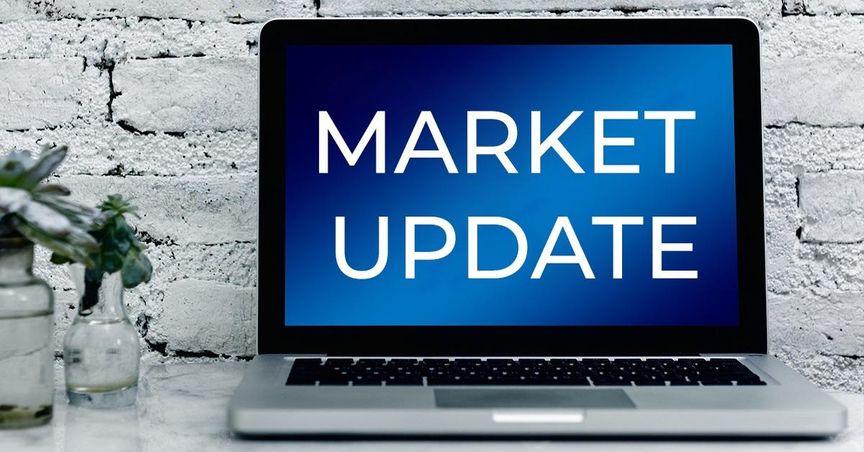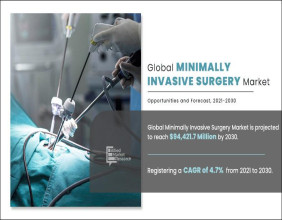Highlights
- European leaders discuss increasing defence budgets amid global tensions.
- Major arms manufacturers see significant market gains amid renewed interest.
- International political developments are reshaping the landscape for military spending.
The global defence sector remains a cornerstone of national security and international strategic planning. Companies in this field design and manufacture advanced military hardware, ranging from fighter jets to sophisticated weapons systems. With increasing geopolitical uncertainty, this industry attracts heightened attention from governments and investors alike. Recent discussions among European leaders regarding expanded defence spending have brought renewed focus on the operational strength of key arms makers.
Discussions on Increased Military Spending
European political figures have recently gathered to address the need for enhanced defence capabilities. The dialogue centered on boosting military budgets to meet the challenges posed by escalating tensions with major global powers. These discussions emphasize the need for a cohesive strategy that integrates technological innovation with robust security measures. In response, nations are evaluating their financial commitments to defence, considering the reallocation of resources from other areas such as development aid. The collective aim is to forge a more self-reliant and secure framework, one that supports a vigorous industrial base in defence manufacturing.
Market Response in Defence Stocks
Following the renewed political focus on military spending, shares of prominent arms manufacturers have risen noticeably. In early trading sessions, companies known for their advanced weapons systems and aerospace technologies recorded significant gains. For instance, well-known French manufacturers and German defence giants, along with British firms such as BAE Systems (LON:BAE), experienced robust trading activity. The heightened market interest underscores how investors are responding to signals of increased government expenditure on defence, which could enhance the operational capacity of these companies. The upward momentum observed across the sector has contributed to a broader rally in European equity markets.
Political Developments and International Tensions
Recent high-level summits involving European leaders have intensified the focus on defence spending. The meetings, which occurred in the wake of dramatic exchanges on the international stage, have underscored the urgency for coordinated military support and security partnerships. Notable political events, including public confrontations between leaders, have added to the atmosphere of tension. Such incidents have prompted European policymakers to reinforce their commitment to supporting allies and ensuring that national defence remains robust. This renewed political determination is influencing market sentiment and has translated into favorable trading conditions for defence-related stocks.
Fiscal Measures and Strategic Initiatives in Europe
Within the broader economic context, discussions on rebalancing national budgets are underway. Some European governments are preparing to allocate additional fiscal resources toward defence, even if this requires adjustments in other budgetary areas such as development and infrastructure spending. These strategic decisions are aimed at circumventing domestic fiscal constraints and enhancing military readiness. The emerging narrative in Europe revolves around strengthening a collective security framework that not only protects national interests but also promotes technological advancements with dual civilian and military applications.





